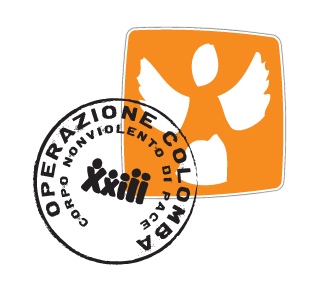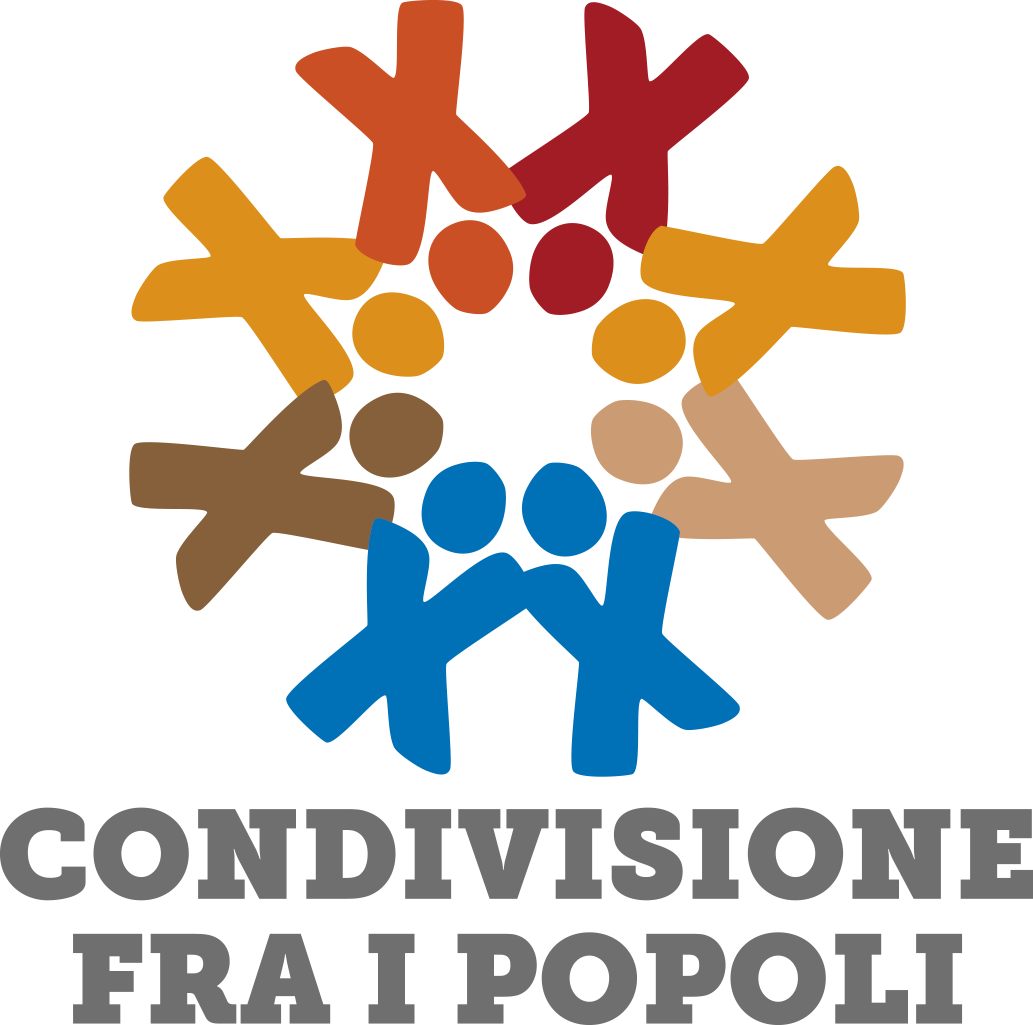With Operazione Colomba I have been in Albania two years and a half, yet I have never felt so strongly, as I have in the last five days since I arrived in Lesvos, the urge and the right to tell.
The pain of the Albanian families was intimate, profound, and thus I felt that it needed to be told softly, taking the time to process it, quietly, whispering to the ears of those who took the time to understand it.
But the pain suffered by the people on this island screams. So I feel it has to be told.
It has to be screamed so that it will reach everyone’s ears.
It has to be told quickly, to as many people as possible, because it is a pain that requires justice.
The pain of Lesvos’ refugees is an excruciating pain, that tells of violated Rights, of denied childhood and forgotten lives.
It is a pain that doesn’t require a great deal of words to be understood because it is immediate, it is an open palm strike to the face.
It hurts because this pain tells tales of regular people, who ask for regular things: a school for their children, a doctor when they are sick, regular things which are negated by unjust laws which decide who deserves to hope and who doesn’t.
It is Ismail’s pain, a Syrian boy with a contagious smile.
His school was bombed when he was 14.
He fled to Turkey to get cured and after 5 years decided to attempt the European route in order to have a worthy life.
Someone decided that he didn’t deserve it, a refusal came, then another.
He’s tired and will attempt “the game”.
He will try to reach a Europe, which he hopes it will be more fair, through the Balkan Route, through my beloved Albania.
Rrugë të mbarë, Ismail, may the path be good to you.
It is Karima’s pain, she has ten sisters in Afghanistan, the oldest one has four children and is pregnant with her fifth.
Another sister is a journalist for a local radio station and has always disapproved the Taliban.
She no longer has news from them.
Her parents and her sisters may be alive or dead, safe or in peril.
She doesn’t have any news, she no longer knows anything of her family whose only fault is to belong to the Hazara people.
It is Abdul’s pain, a Somali man who lightens up when we tell him that we are Italians.
In Italian he tells us that he finally gets the documents and that he’s leaving for Athens, but not his son.
So they have to separate.
Right here where it looked like the dream could come true, a stone's throw from the long-awaited Italy.
These are excruciating pains, pains that only ask for justice.
Pains that demand Rights.
They don’t want money, they don’t want things to be easy.
They want to worry about “normal” things: suboptimal school reports, the dentist’s bill, without fearing to be deported to a country that wants them dead.
It is a pain that questions us: is it so absurd to ask to be human?
Nadia


 OPERAZIONE COLOMBA
OPERAZIONE COLOMBA
